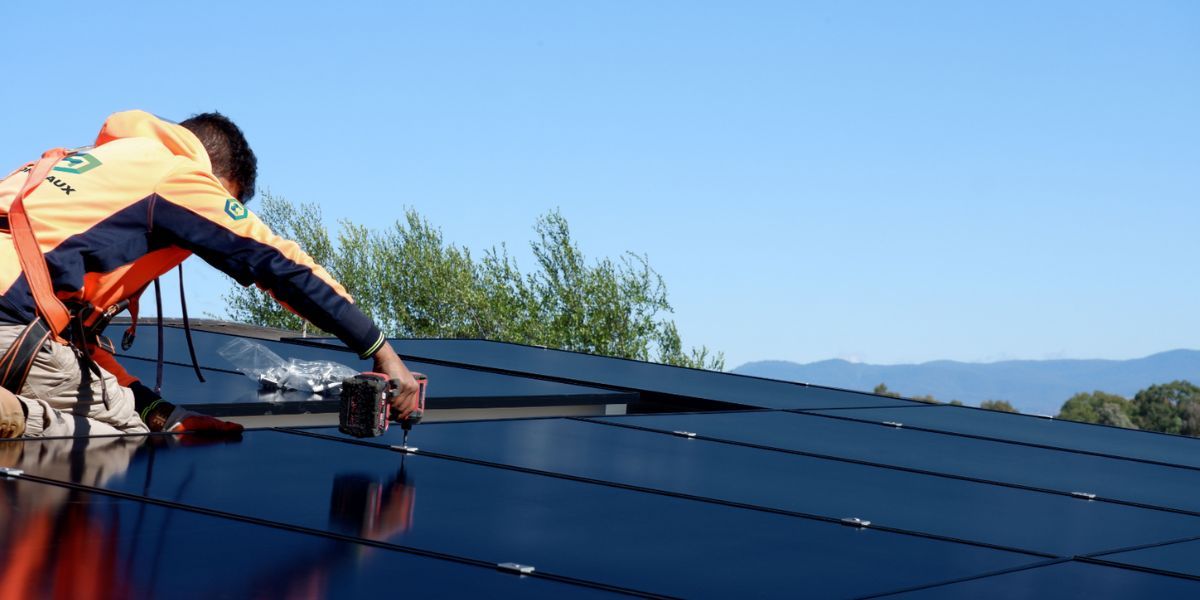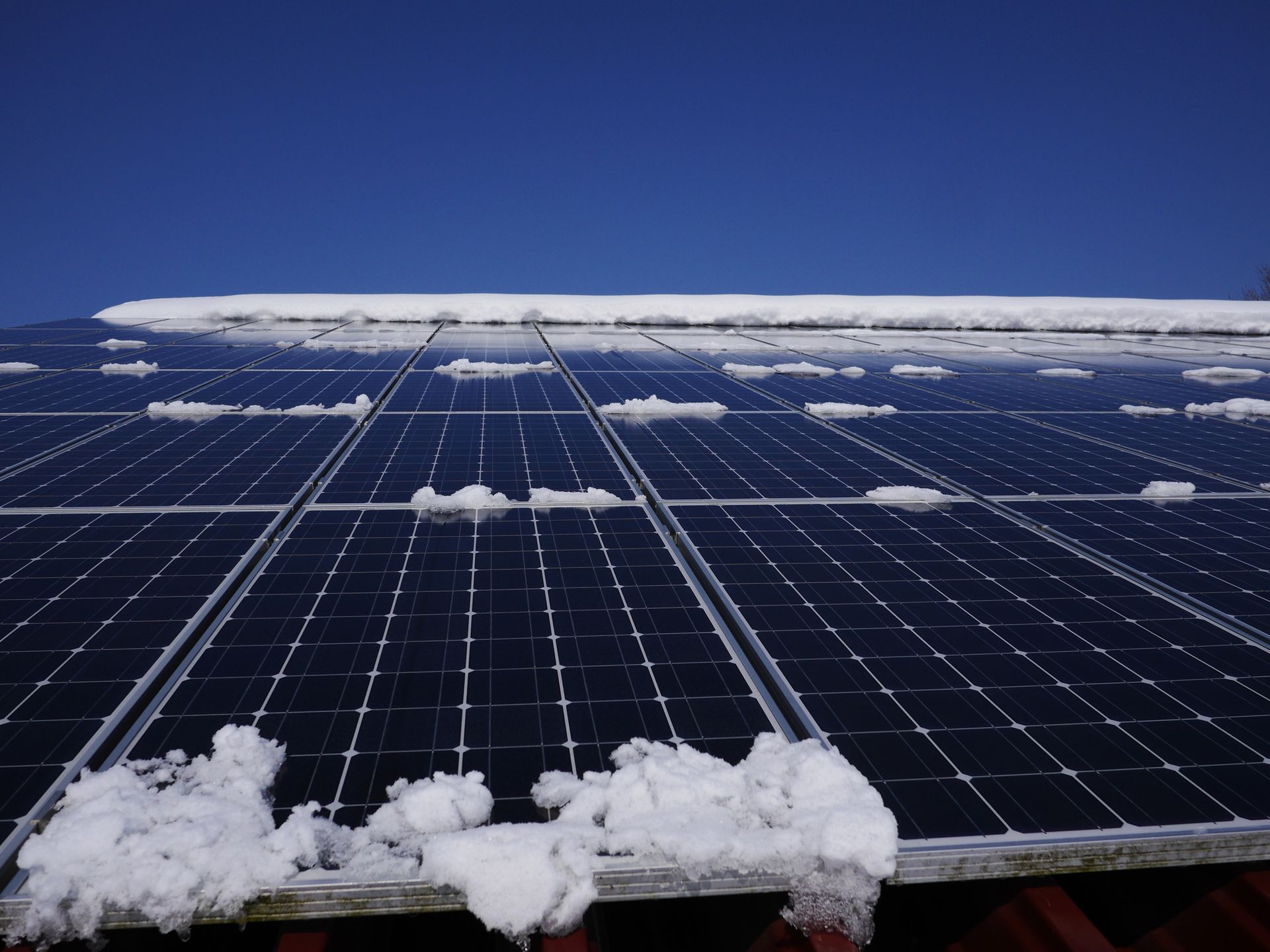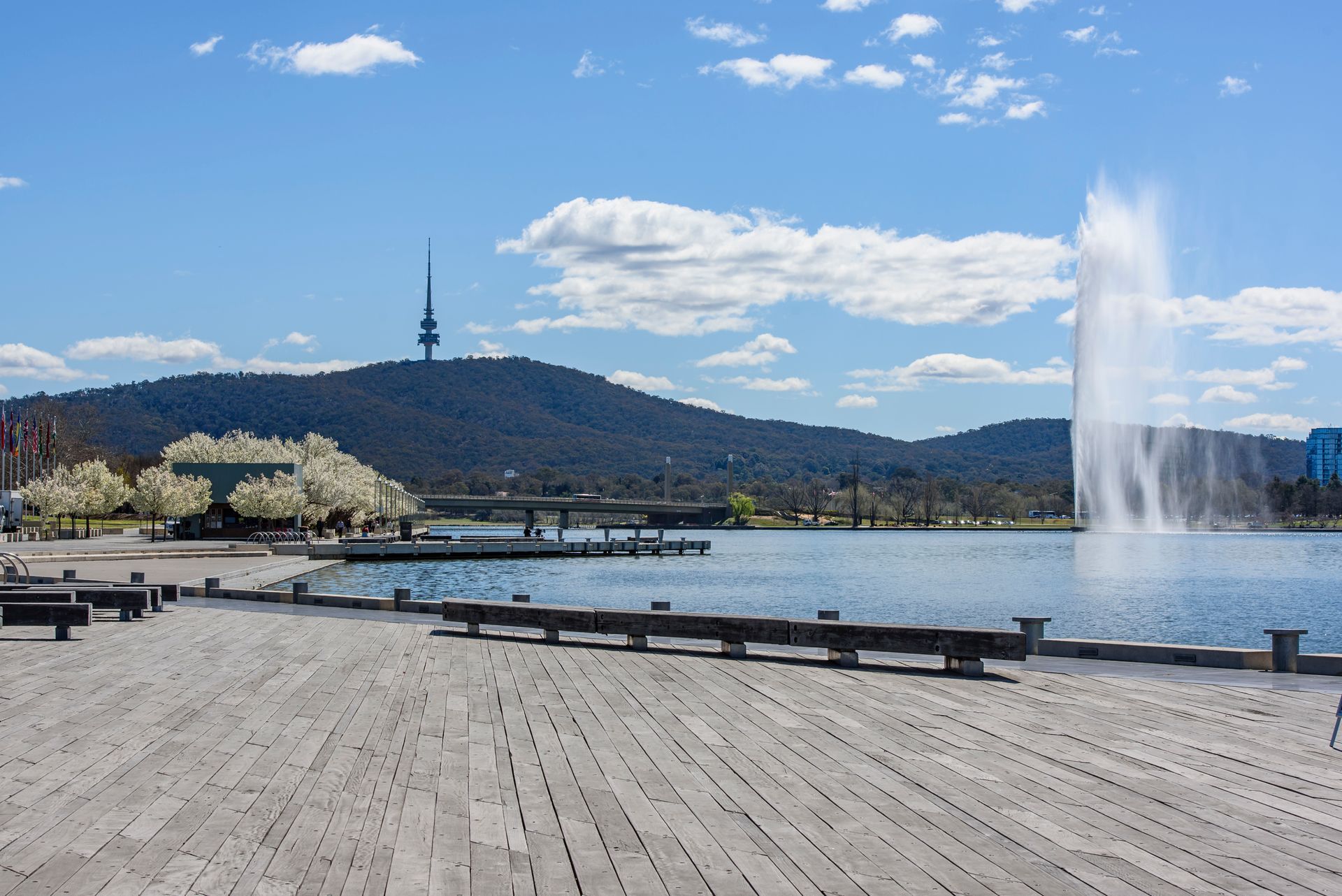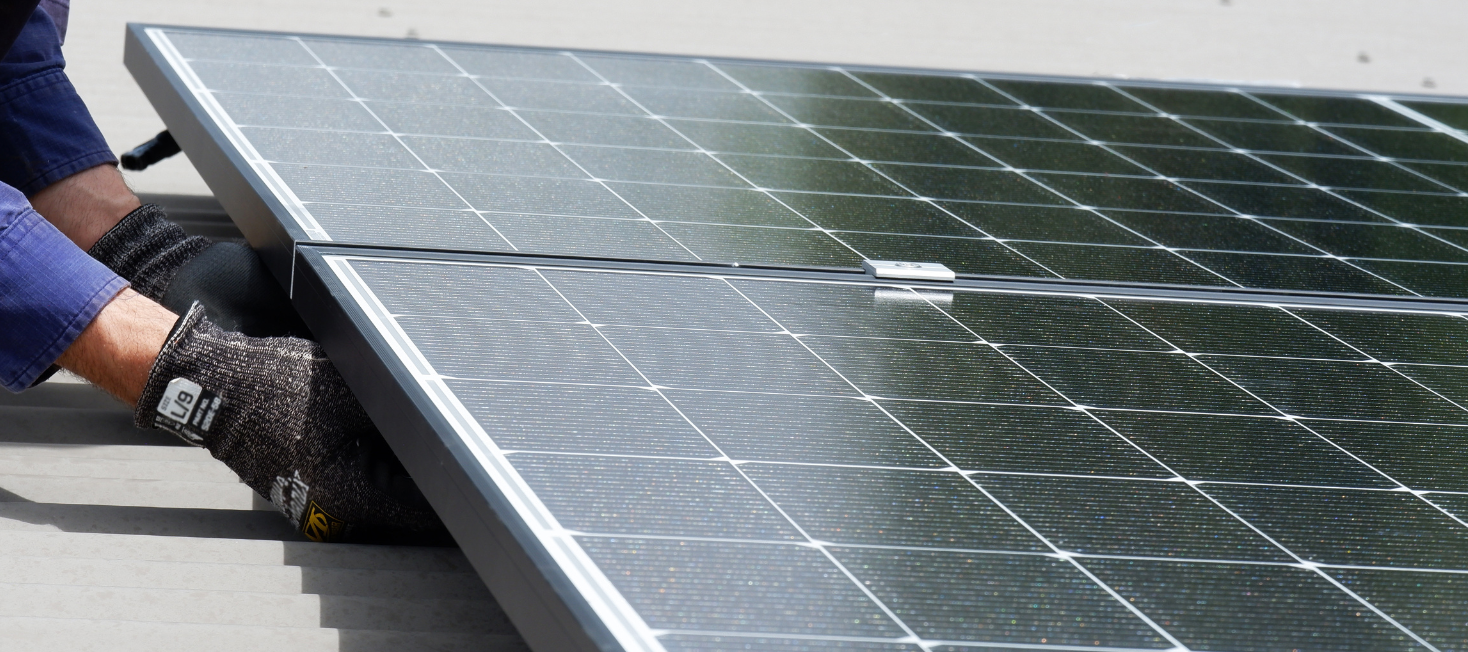Are Solar Panels Effective during the winter months?
Solar is with the sun. No sun means no solar, right! So the biggest fear of the people interested in the solar system is the winter season. As in winter, the sun is taking some rest and does not bestow its magical powers on your residential area as much as it was doing previously. For this reason, most people consider solar useless during the winter. Is it, however, ineffective? Is the solar system a seasonal phenomenon? Read this entire blog to get an answer to this query.
Solar System’s performance in cold
It’s crucial to know that the solar system works well even when it’s freezing outside. It’s vital to remember that solar panels require radiation of light from the sun to function, not heat. So, even though the temperature is cold for you, it will be fine for the panels unless it is a cloudy, overcast day. Another surprising thing to know is that solar panels work even on a cloudy day. But their overall efficiency is less as compared to a bright sunny day.
It’s also worth noting that solar panels are more efficient in low temperatures. As a result, cool weather and clear skies are ideal conditions for converting sunlight into electricity.
The performance of Solar Panels in winter
In the winter, the sun does not shine as brightly, and the amount of time it is visible to illuminate the surroundings is also diminished. Is it having an impact on electricity production? The answer to this question is yes. But, if it does affect productivity, why do we need a solar system in the winter? It’s vital to understand that it only has a 2% to 15% impact on the system. Also, the location of residence, the dirt on the solar panels, and the tilt of the panels influence this percentage.
Canberra residents are fortunate to live in a climate where the winter months are merely June, July, and August. The average daylight time is almost 10 hours during these months, which is not awful. As a result, solar is a good investment in Canberra, even in winter. The winter effect will not prevent your solar panels from saving you money on electricity.
Does Snowfall have an impact on Energy Production?
Snow, the winter’s treasure, is either a problem for your solar panels, or can they operate well during this bone-chilling season? It is a significant concern for those who live in locations where there is a lot of snow in the winter. But it is worth noting that even during the snowy season, the panels have minimal or no effect on their performance. Since light rays may still pass through a slight amount of snow. However, if the snowfall is tremendous and lasts for an extended period, it may become an issue.
Historically Canberra’s cold weather is not always coupled with snow. And even when it does, it’s hard enough to let you build a mighty snowman. So the climate of Canberra is perfect for your solar panels to help you enjoy the savings.
The angle of the solar Panel
It is also an important factor affecting your solar Panel’s winter output. The preferable angle is the latitude angle of your location. However, during the winter, the sun moves to the lower arc. This new position of the sun makes it very favorable that the panels are tilted perpendicular to the more downward angle of the sun.
The tilting of the solar panels can also be very effective during the snowy season. If the panels have enough tilt, the snow will easily slide off the module, and the solar Panel will start working at the normal pace. Another problem with the solar panel angle can be with the shading. If, at a particular position, the solar panels are coming under the shade, then during the winter, the shadow will grow longer, and it can affect the solar system’s output.
These facts show that solar is a great investment even when the winter arrives.
Share Post







